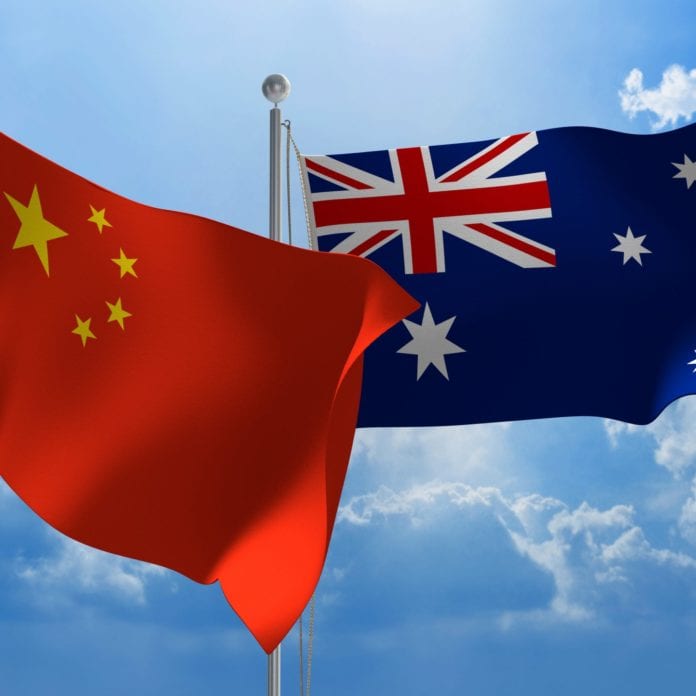The Australian authorities said the 5G equipment from these two vendors would poise a risk to the country’s national security
The Australian government confirmed that Chinese vendors Huawei and ZTE have been banned from supplying equipment for 5G networks in the country.
“Government has expectations of the application of the Telecommunications Sector Security Reforms (TSSR) obligations with respect to the involvement of third-party vendors in 5G networks, including evolution of networks leading to mature 5G networks,” a joint statement by Communications Minister Mitch Fifield and acting Home Affairs Minister Scott Morrison said.
“The government considers that the involvement of vendors who are likely to be subject to extrajudicial directions from a foreign government that conflict with Australian law, may risk failure by the carrier to adequately protect a 5G network from unauthorized access or interference,” the release adds.
The Government’s TSSR, which will enter into force on September 18, places obligations on telecommunications companies to protect Australian networks from unauthorized interference or access that might threaten national security.
“This new architecture [5G] provides a way to circumvent traditional security controls by exploiting equipment in the edge of the network — exploitation which may affect overall network integrity and availability, as well as the confidentiality of customer data. A long history of cyber incidents shows cyber actors target Australia and Australians,” the statement says.
“Government has found no combination of technical security controls that sufficiently mitigate the risks. While we are protected as far as possible by current security controls, the new network, with its increased complexity, would render these current protections ineffective in 5G.”
The Australian subsidiary of Huawei said that the firm was disappointed with the decision.
“We have been informed by the Government that Huawei and ZTE have been banned from providing 5G technology to Australia,” the firm said in a statement.
The Chinese government also expressed “serious concern” about the Australian government’s decision, according to a statement from Chinese foreign ministry spokesman Lu Kang.
“Australia should not use various excuses to artificially set obstacles and adopt discriminatory practices,” Lu said. “China urges the Australian government to abandon ideological prejudice and provide a fair competitive environment for Chinese companies operating in Australia.”
Meanwhile, Vodafone Australia opposed the government’s decision to ban Chinese vendors from providing equipment local 5G networks.
“This decision, which has been dropped on the eve of the 5G auction, creates uncertainty for carriers’ investment plans,” said Vodafone Australia’s chief strategy officer Dan Lloyd.
“This decision is a significant change which fundamentally undermines Australia’s 5G future, and we will consider what it means for our business,” Lloyd said.
Vodafone has carried out trials of 5G equipment with Huawei and Ericsson.
Earlier this month, the Australian Communications and Media Authority (ACMA) announced it will award spectrum in the 3.6 GHz band for the provision of 5G services in November.
The regulator confirmed that it will be auctioning off 125 megahertz of spectrum in the 3.6 GHz band. The spectrum will be divided into 350 lots across 14 regions of Australia.

